
On terra firma societies have learned over the centuries that disaster must strike before authorities act to plug the hole. This constant repetition of disaster followed by response has unfortunately been an unwritten element of International shipping regulation.
Rosita Lau, a partner at law from Ince & Co, and member of the Hong Kong Maritime and Port Board, was recently invited by Invest Hong Kong to address an international audience of more than 200 maritime professionals at the recent Lloyd’s List Business Briefing in Singapore, a widely acknowledged highlight of the Singapore Maritime Week 2018.
Offered the stage, Ms Lau reminded leading members of the maritime sector from Asia and Europe of the chequered history of international maritime regulation. A history that many might have forgotten, and some may never have known.
But the overriding motive for Ms Lau’s address was a heartfelt call for reform of the International Maritime Organization, reform that would transform IMO from a reactive organization to an agency that proactively seeks resolutions before disasters occur rather than in their wake.
The following summary arose out of an interview with hongkongmaritimehub where Ms Lau related the theme of her presentation to the LLBB. It is not a word-for-word rendition of her highly acclaimed speech.
It took the sinking of the Titanic, with the loss of more than 1500 souls, to awake the English, then the dominant global sea power, to the need for an international maritime regulation regime. A conference of international maritime jurisdictions was called and the first Safety of Life at Sea Convention was drafted in 1914. In the ensuing years SOLAS was updated in 1929, 1948 and 1960. The 1948 amendment to SOLAS coincided with the much belated establishment of the IMO, then known as Inter-Governmental Maritime Consultative Organization. The IMO Convention entered into force in 1958 and the Organization met for the first time in 1959.
At that time Safety at Sea was IMO’s single priority. Eight years hence this would change with the Torrey Canyon oil spill in March 1967, when the supertanker ran aground on a reef off the southwest coast of the UK, spilling up to 164m litres of crude oil. Torrey Canyon is still among the worst oil spill disasters the world has known,
There is little doubt that oil spills had occurred prior to the Torrey Canyon incident but, as in the case of, the Titanic 55 years earlier it took a cataclysm for the IMO to seek ways to address yet another risk that was hidden in full view.
Among the post-incident measures taken, most important of all was the International Convention for the Prevention of Pollution from Ships (1973) subsequently amended in 1978 (MARPOL 73/78).
It was at this point that the environment was added to safety as key concerns of IMO along with safety.
In the ensuing years a number of significant initiatives and conventions followed, primarily augmenting issues of safety. Most important among these was the International Safety Management Code in 1998. Meanwhile, the environment has been further addressed in conventions relating to anti-fouling systems (AFS 2001), ballast water management (BWM 2004) and ship recycling (Hong Kong International Convention for the Safe and Environmentally Sound Recycling of Ships, 2009).
The disaster that would subsequently extend the IMO ambit for a third time came on 11 September 2001. The 9/11 attacks led to a number of fatalities (2,996) that far outstripped lives lost on the Titanic. It should also be noted that the attacks took place in a country (US) that had taken over the UK as the global power more than 50 years ago.
Moved to act on maritime security IMO’s International Ship and Port Facility Security (ISPS) Code entered into force in July 2004.
As can be seen, IMO takes a very long time to introduce new legislation or revise extant legislation, sometimes at the cost of lives and vast amounts of money
An important reason of course is the assembly meets only once every two years. It is not until that assembly meets and passes a resolution that the new regulations will come into existence.
Today there are now three new major challenges facing the shipping industry, each with the potential to wreak havoc, which IMO must tackle. To date it is really lagging behind.
First is cyber-risk. There have already been countless cyber attacks on the shipping and port industries, many of them occurring before the June 2017 attack on Maersk, which cost the company upwards of $300m. As of today we have no regulations addressing cyber risk. We only have IMO guidelines.
Second, digitalization is a big problem, and I would expect IMO, at the very least, to have called special assembly meetings, published guidelines and offer practice direction.
Autonomous shipping is the third topic. Marine engineering companies are already proposing sea trials for such vessels. We only have guidelines today, no regulation.
China will soon have its own set of regulations governing digitalization. The UK’s regulations will no doubt be different. And the US is bound to have its own set of rules.
It is imperative that IMO move faster. IMO is failing to keep up with developments in international shipping. If IMO is to retain its importance as the international regulatory body it must prove that it is efficient enough to lead us.
Sources:hongkongmaritimehub
Please Contact Us at:
admin@xindemarine.com


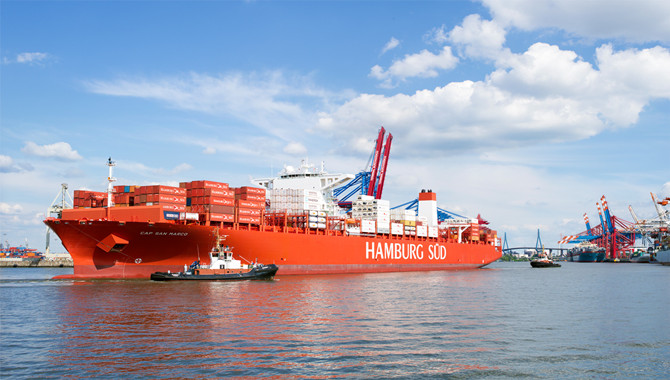 Maersk to integrate Hamburg Süd and Sealand
Maersk to integrate Hamburg Süd and Sealand 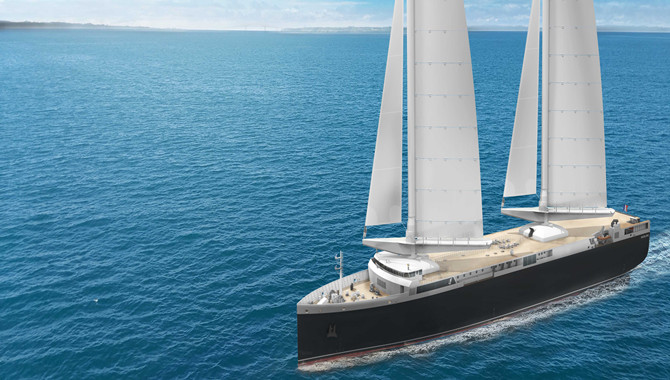 Launch of the construction of the first Ro-Ro saili
Launch of the construction of the first Ro-Ro saili 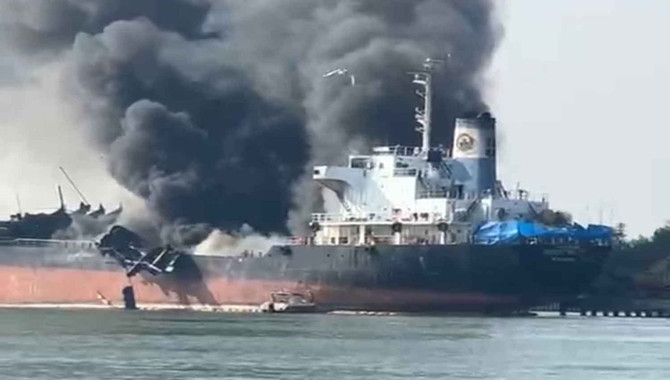 Oil tanker explosion kills at least 3 in central Th
Oil tanker explosion kills at least 3 in central Th 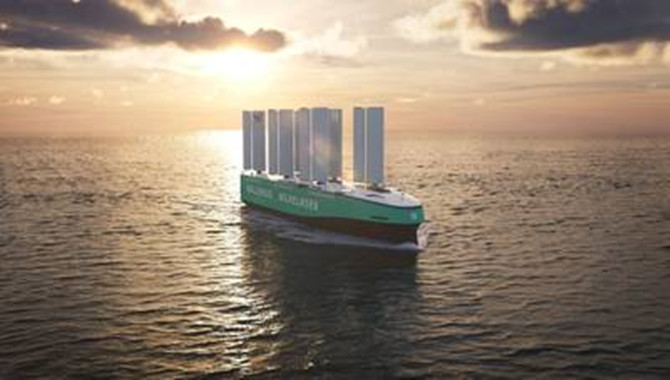 Wind-powered RoRo Vessel Secures €9 Million in EU
Wind-powered RoRo Vessel Secures €9 Million in EU 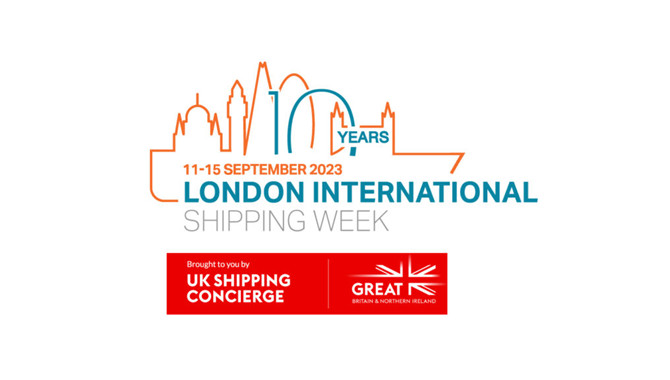 London plays a pivotal role as shipping seeks to re
London plays a pivotal role as shipping seeks to re 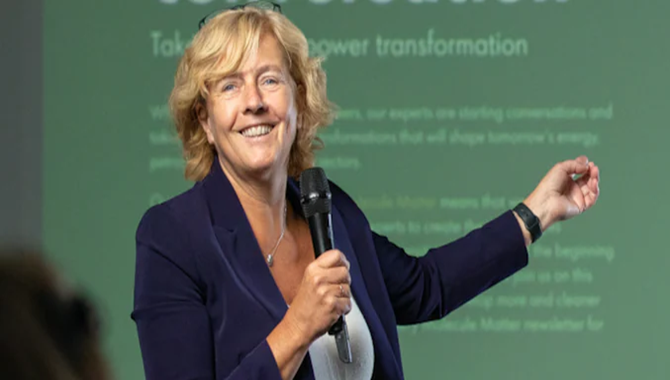 Shell unveils five energy sector trends to watch in
Shell unveils five energy sector trends to watch in